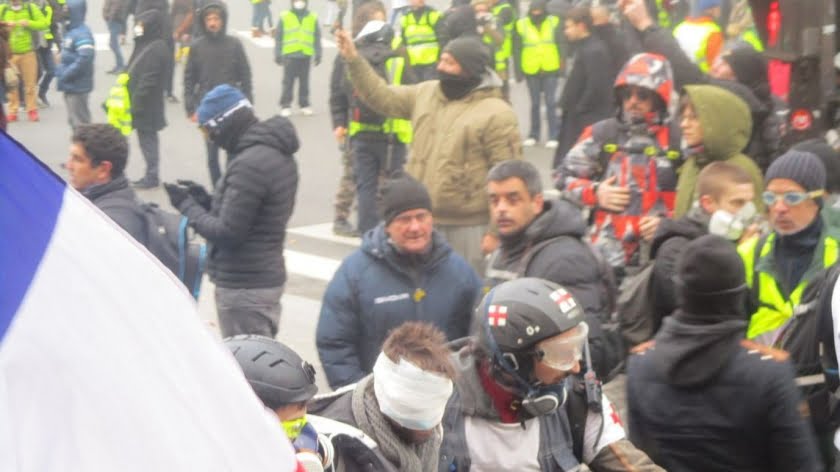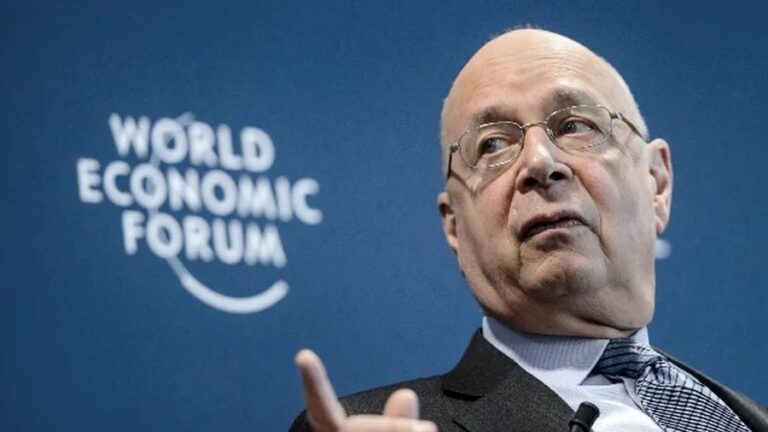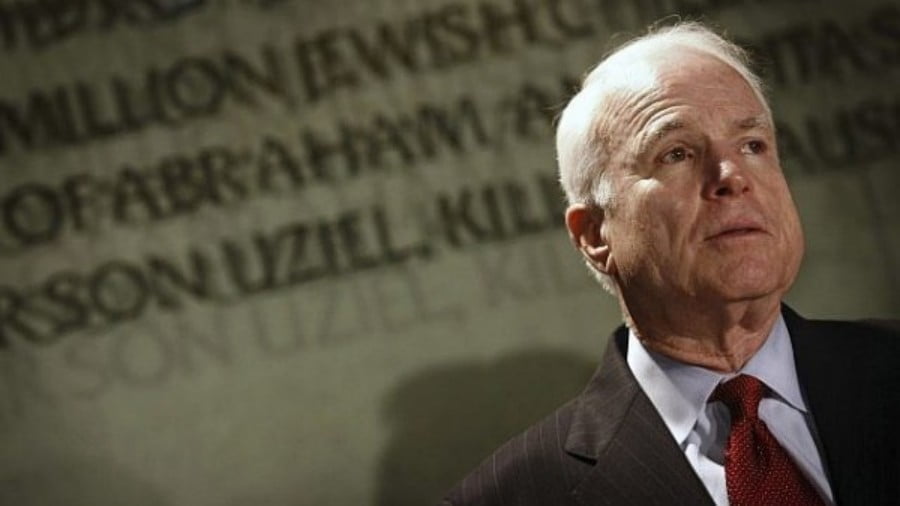The Truth About The Moscow Protest Movement
The recent Moscow protest movement is obviously an attempt to spark Color Revolution violence in Russia, but dismissing everyone who participates in it as “CIA agents” overlooks some of their objectively valid criticisms about the contemporary state of affairs in the country.
Lying By Omission
The entire world is aware of the recent Moscow protest movement by now after it’s received sympathetic coverage from the Western Mainstream Media, but many people abroad are confused about what’s really going on. It’s obvious that an attempt is being made to spark Color Revolution violence in Russia, with the mayor pointing out that this weekend’s disturbances were intended to provoke riots in the country’s largest city, but that doesn’t mean that everyone who participates in this illegal gatherings are “CIA agents” like the Alt-Media Community has over-simplistically portrayed them. It’s true that there are some people in these large crowds who are deliberately trying to provoke a forceful reaction from the police that could then be decontextualized, misportrayed, and propagated within the country and beyond in an effort to incite further anti-state violence as per traditional Color Revolution perception management (psy-op) methods, as well as it being against the law for anyone to participate in unsanctioned rallies, but that doesn’t tell the whole story.
Alt-Media Censorship
The protest movement is being driven by its supporters’ objectively valid criticisms about the contemporary state of affairs in the country, particularly excessive corruption, the underperforming economy, and holding political officials to account (all of which are more or less connected to a large degree), but it’s already discredited itself through the aggressive tactics that it’s employed. Overlooking this fact and labeling anyone who talks about these issues as “CIA agents” is tantamount to pretending that no such problems exist in modern-day Russia, which isn’t true whatsoever and actually risks worsening these very same structural problems by granting their perpetrators a carte blanche to continue with their counterproductive activities without public consequence. The de-facto “criminalization” of dissent goes against the core values that the Alt-Media Community is supposed to represent, all to perpetuate the myth that their “geopolitical god” is seemingly infallible.
A Narrative Compromise
Defenders of this unprincipled position might retort that they don’t want to play into the US’ infowar hands, but it’s entirely possible to criticize the criminal actions of the anti-state provocateurs and expose their Color Revolution agenda while acknowledging that the majority of people participating in this movement have legitimate grievances that they feel haven’t been adequately addressed for far too long. That said, it should also be recognized that the Russian government is trying very hard to stamp out corruption, diversify the economy, and ensure a better “social contract” between citizens and the state, but that it’ll naturally take time for these policies to have a noticeable effect. President Putin is keenly aware of how problematic these issues are for his country’s future since they seriously impede its competitiveness in this increasingly cutthroat world, and while it can be legitimately argued that he waited far too long to tackle them, the cliche that “it’s better late than never” certainly applies as well.
The Golunov Lesson
Going forward, it can be expected that the Color Revolution movement’s anti-state violence will likely intensify as the core masterminds attempt to influence Russia’s post-Putin political transition (PP24), as was touched upon by the author in his piece earlier this summer asking “Why Did Russians Unite Around Ivan Golunov?“. It should be reminded that many in Alt-Media instinctively accused the wrongly imprisoned journalist of inventing his claim that the police planted drugs on him for political reasons but were later embarrassed after RT’s Editor-In-Chief Margarita Simonyan and Chairwoman of the Federation Council Valentina Matviyenko were among the many influential figures to throw their support behind him before it was established beyond any doubt that he was telling the truth this entire time. That unforgettable incident proves that the “Non-Russian Pro-Russians” (NRPR) of the Alt-Media Community were trying to “be more Russian than the Russians themselves” and therefore propagated their now-debunked conspiracy theory for what they believed to be “patriotic” reasons.
Another Missed Opportunity
The same lesson is at play with the Color Revolution movement too in that the NRPR’s “ultra-patriotic” narrative that everyone participating in those illegal demonstrations is a “CIA agent” is a counterproductive form of political reactionism that purposely obscures Russia’s objectively existing domestic problems instead of constructively proposing solutions for fixing them. What could otherwise be a productive exercise in brainstorming responsible ways to address their “geopolitical god’s” many issues has instead become an unprincipled defense of the totally false narrative that Russia is infallible, the latter of which is upheld by overly zealous gatekeepers in the Alt-Media Community who bully anyone that speaks up by questioning their agenda in doing so. Those who sincerely support Russia are therefore deprived of the opportunity to do their part in creatively improving the state of affairs in the country because of how “politically incorrect” it’s become to talk about its problems, which is a disservice to the same state that Alt-Media claims to support.
By Andrew Korybko
Source: Eurasia Future







